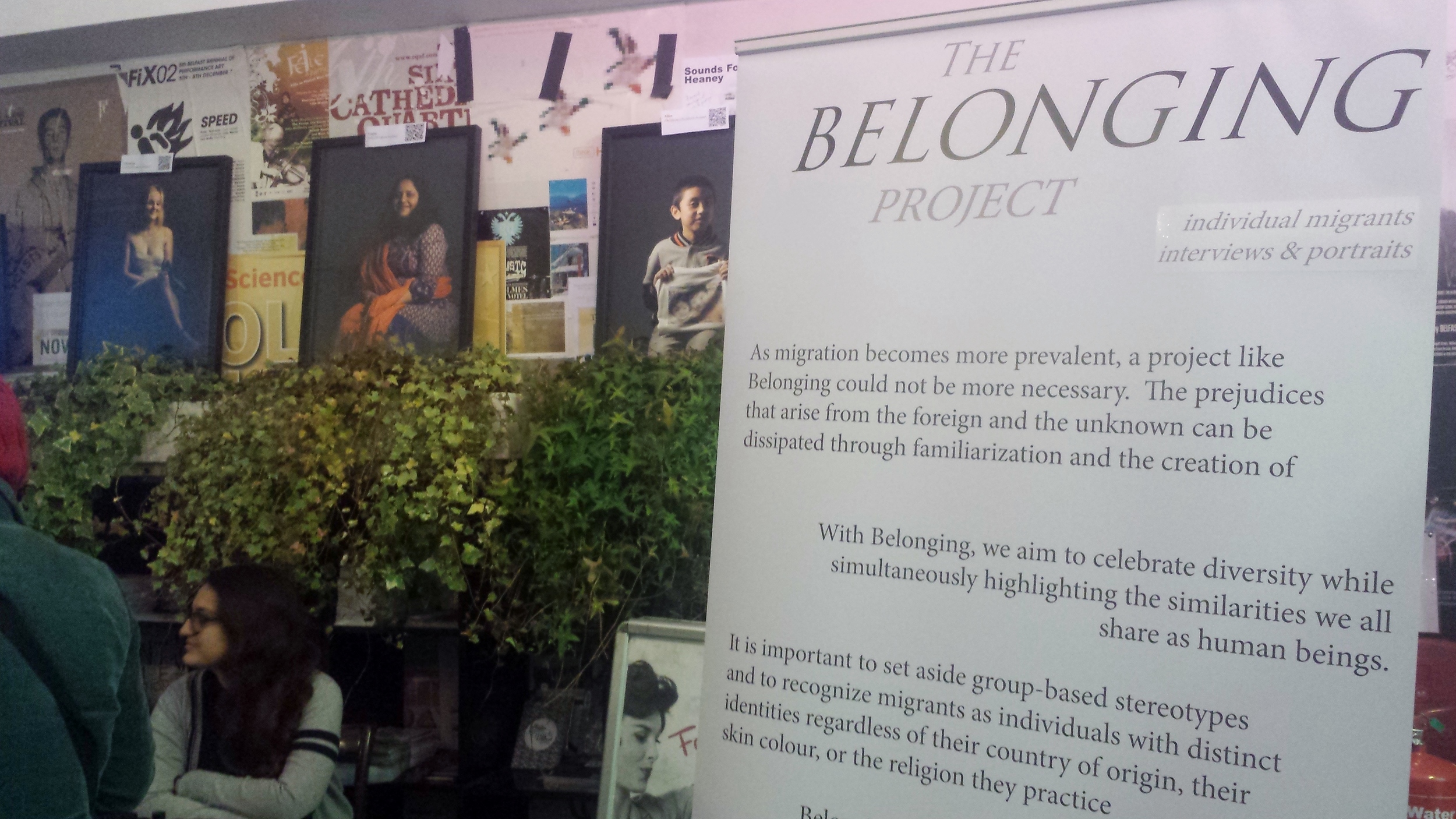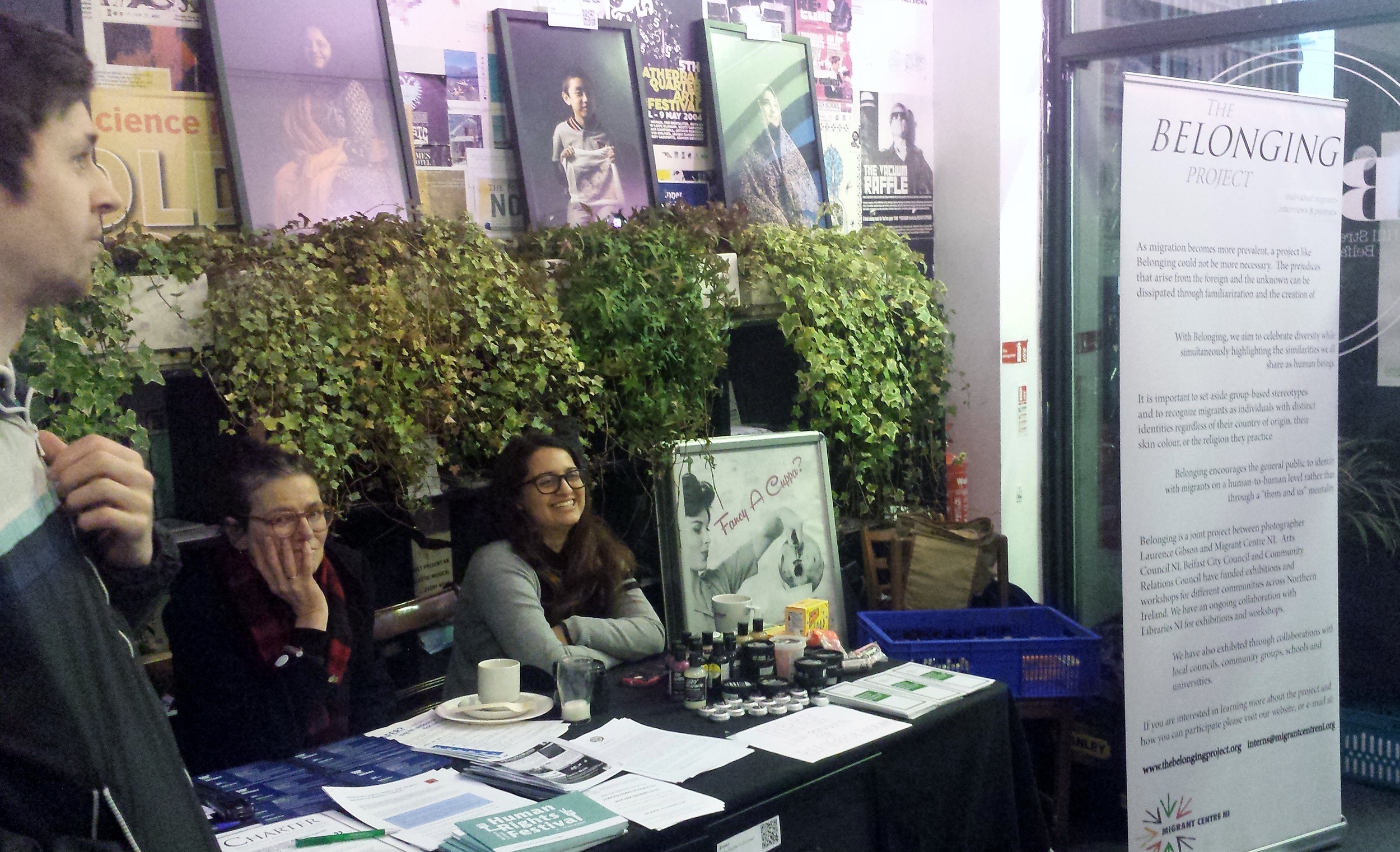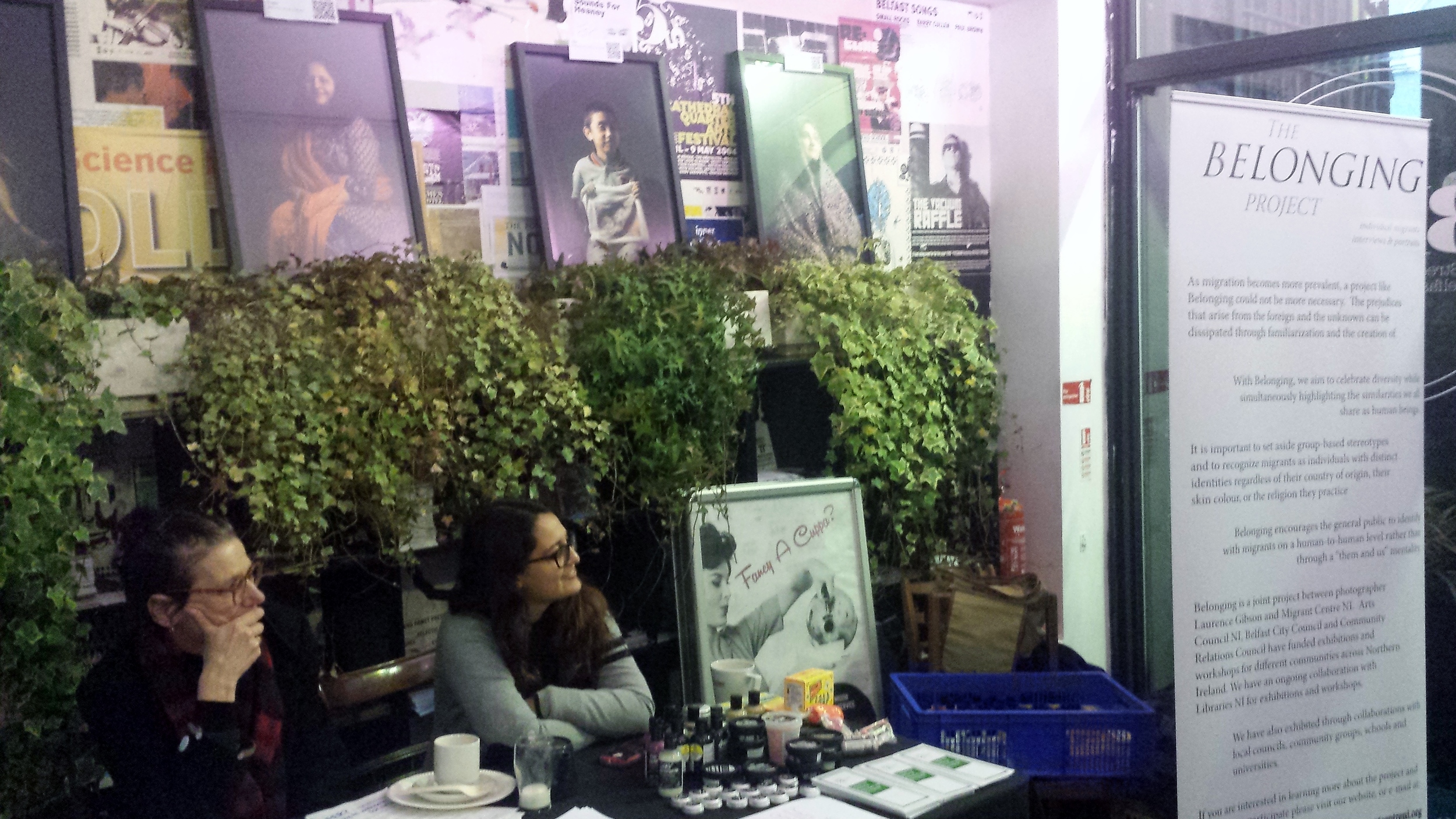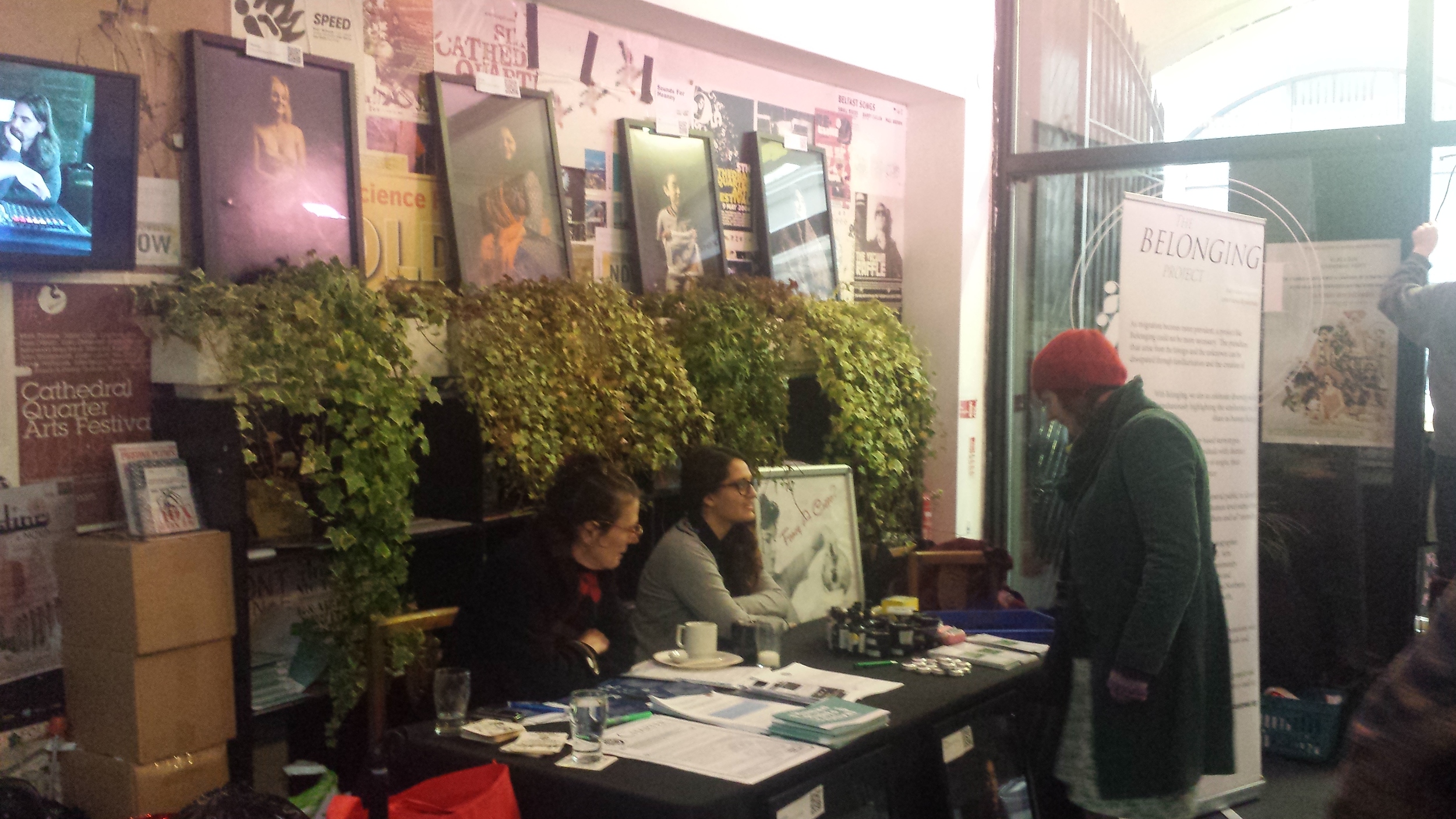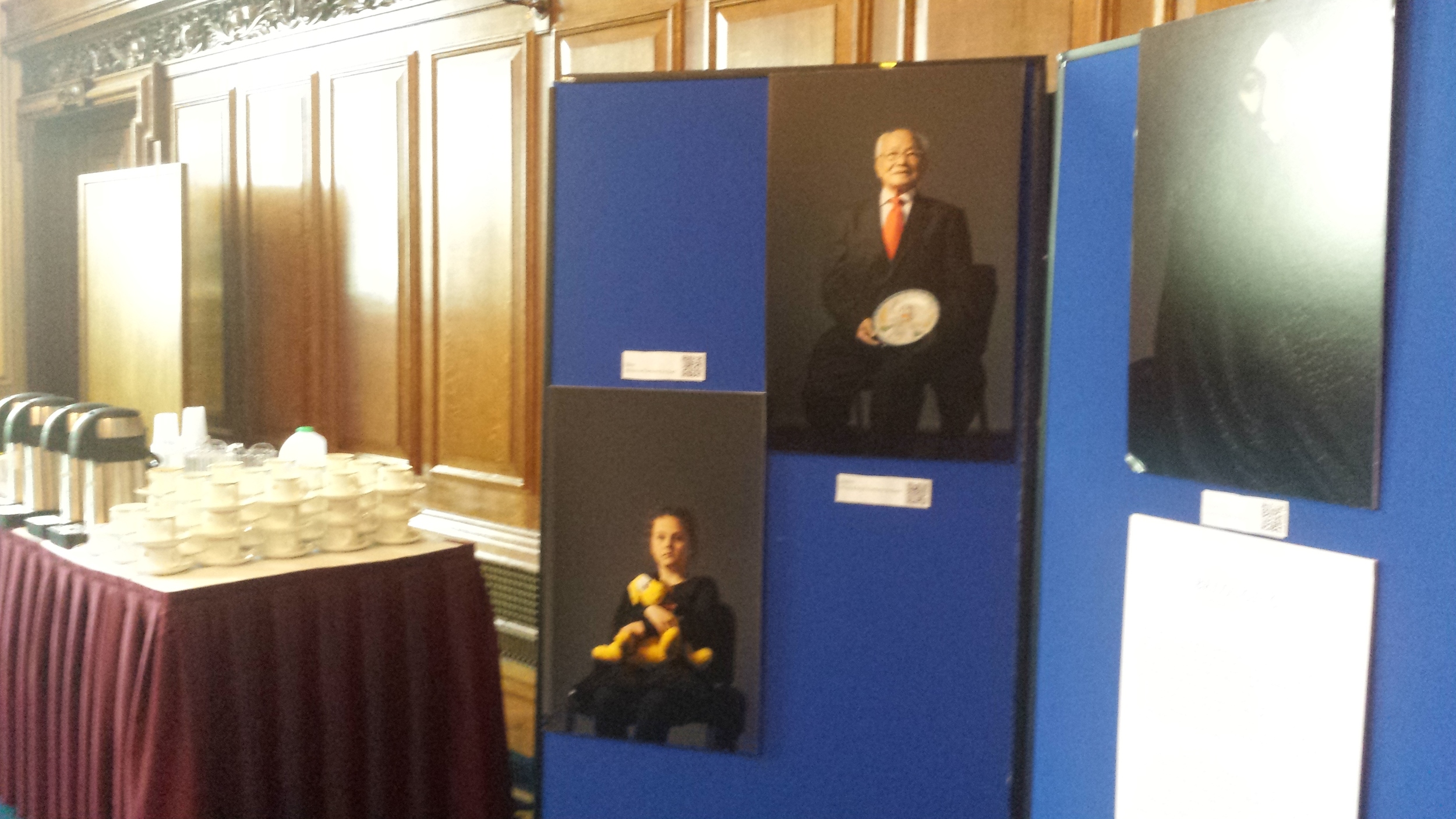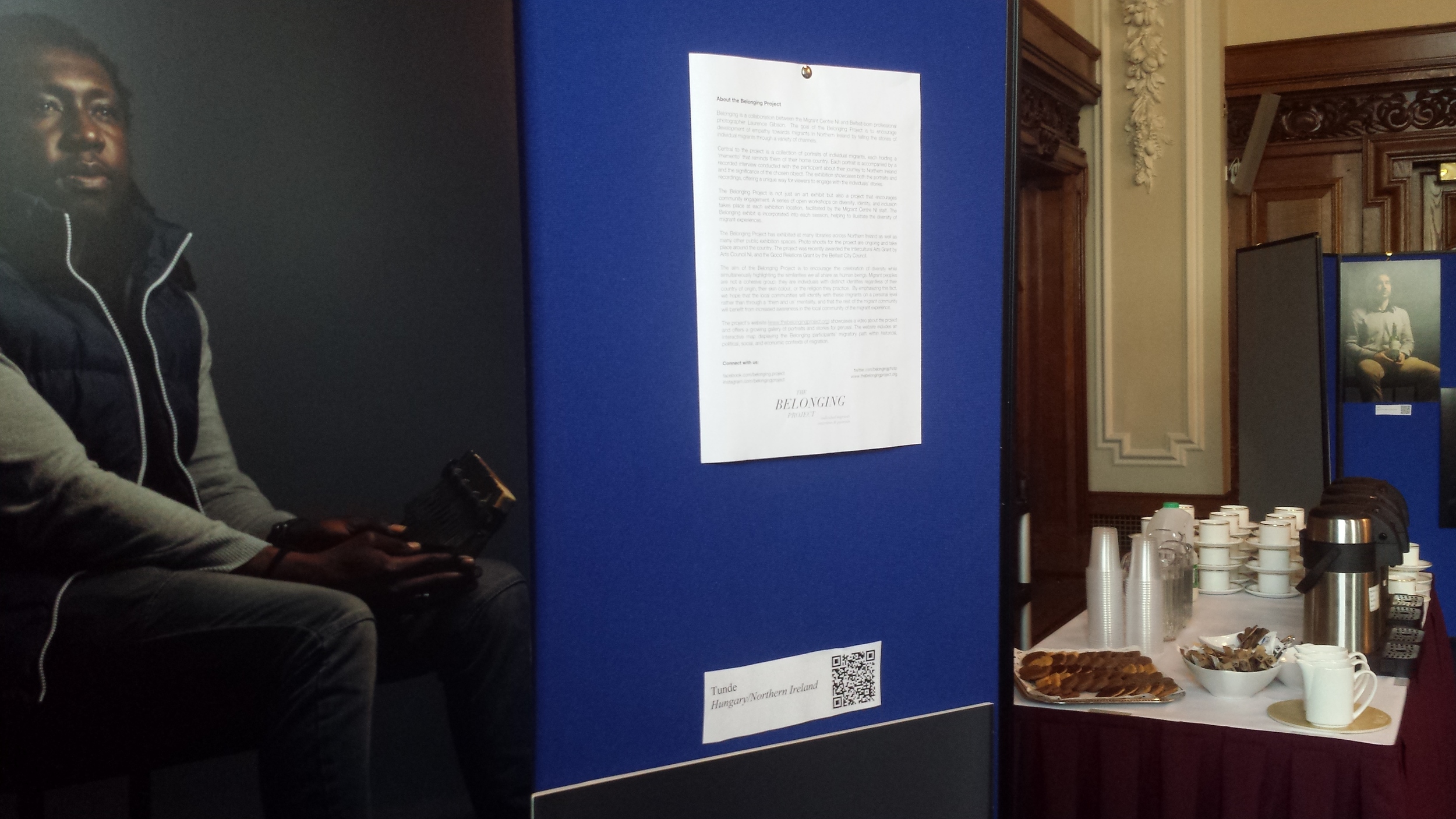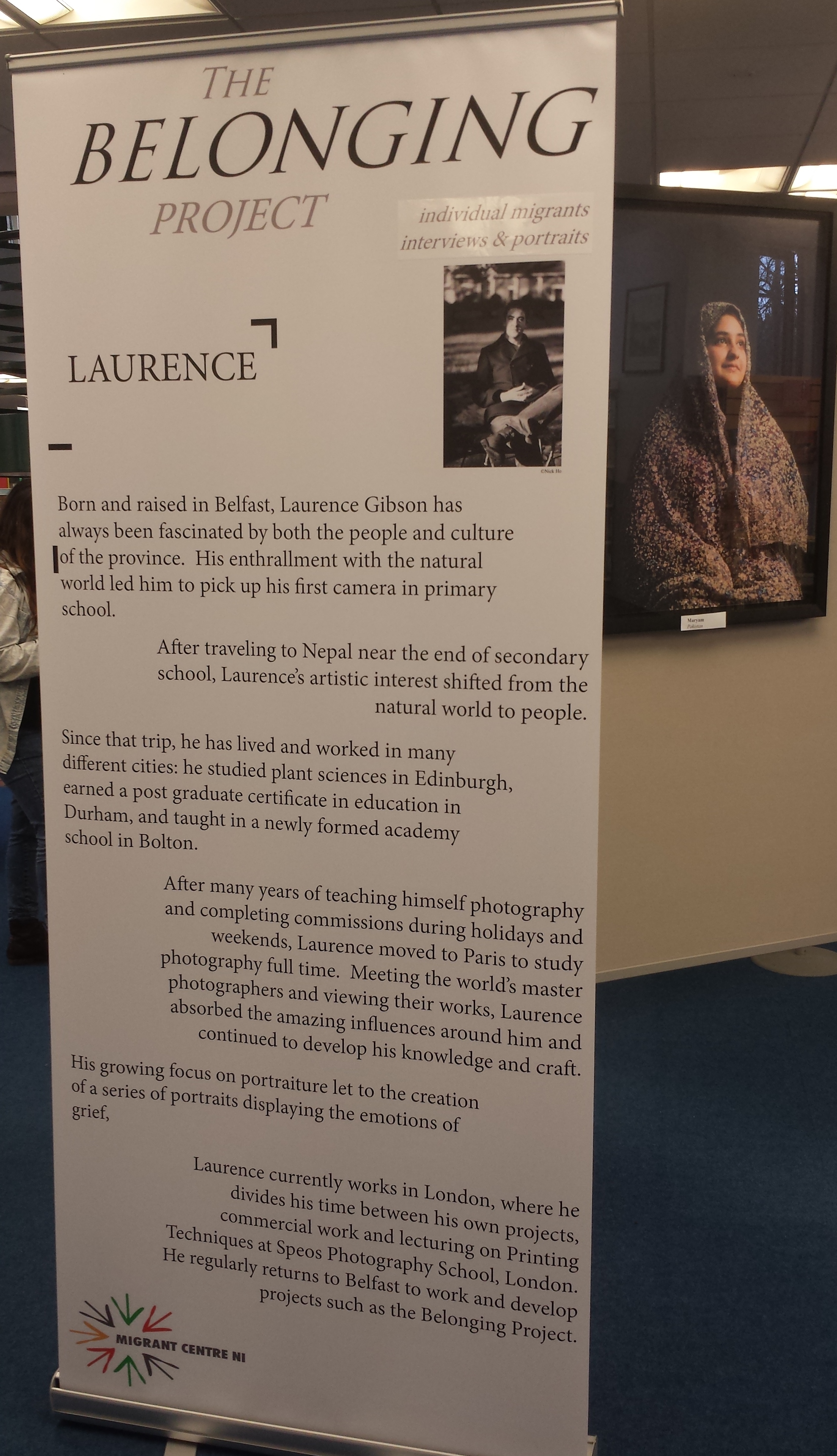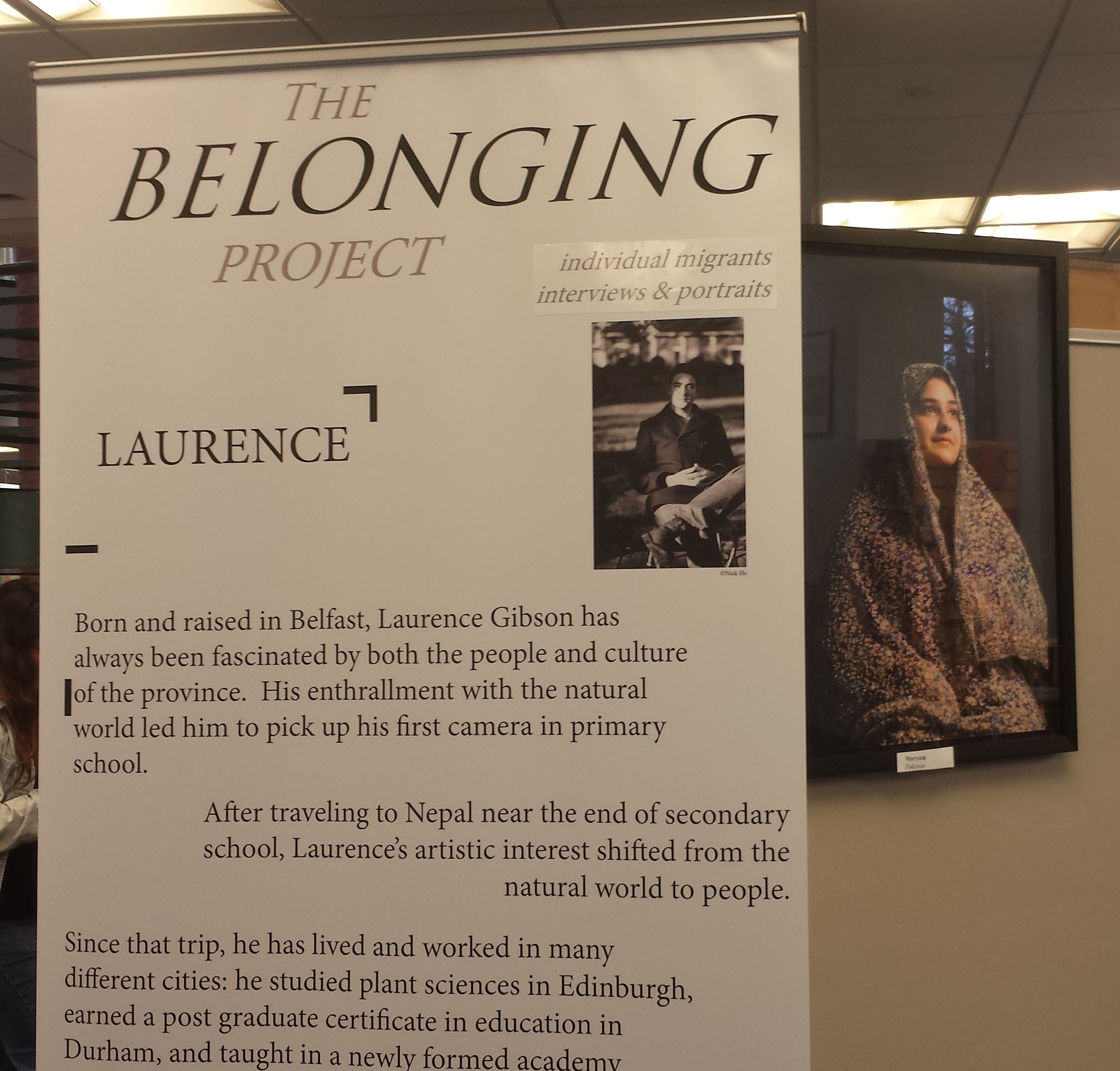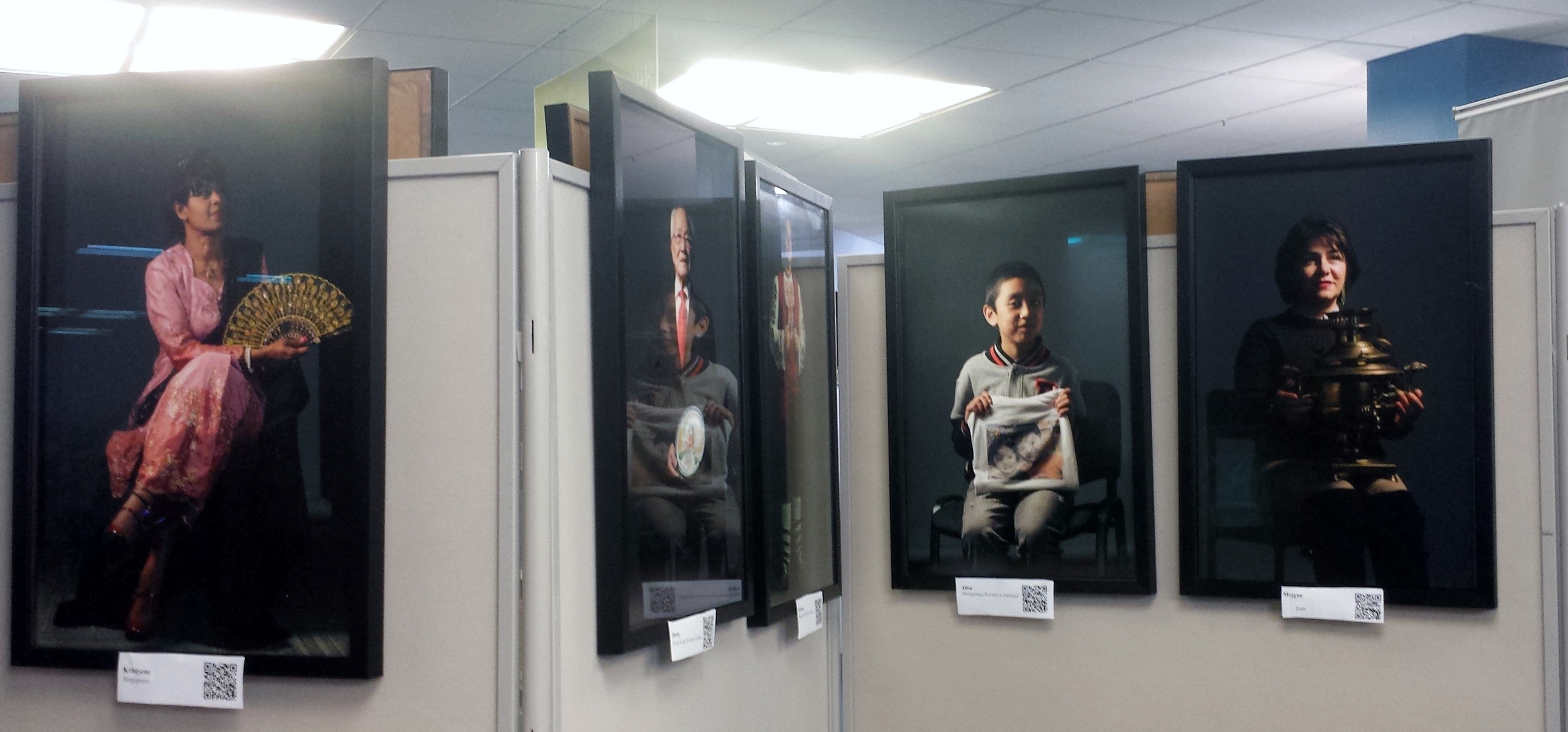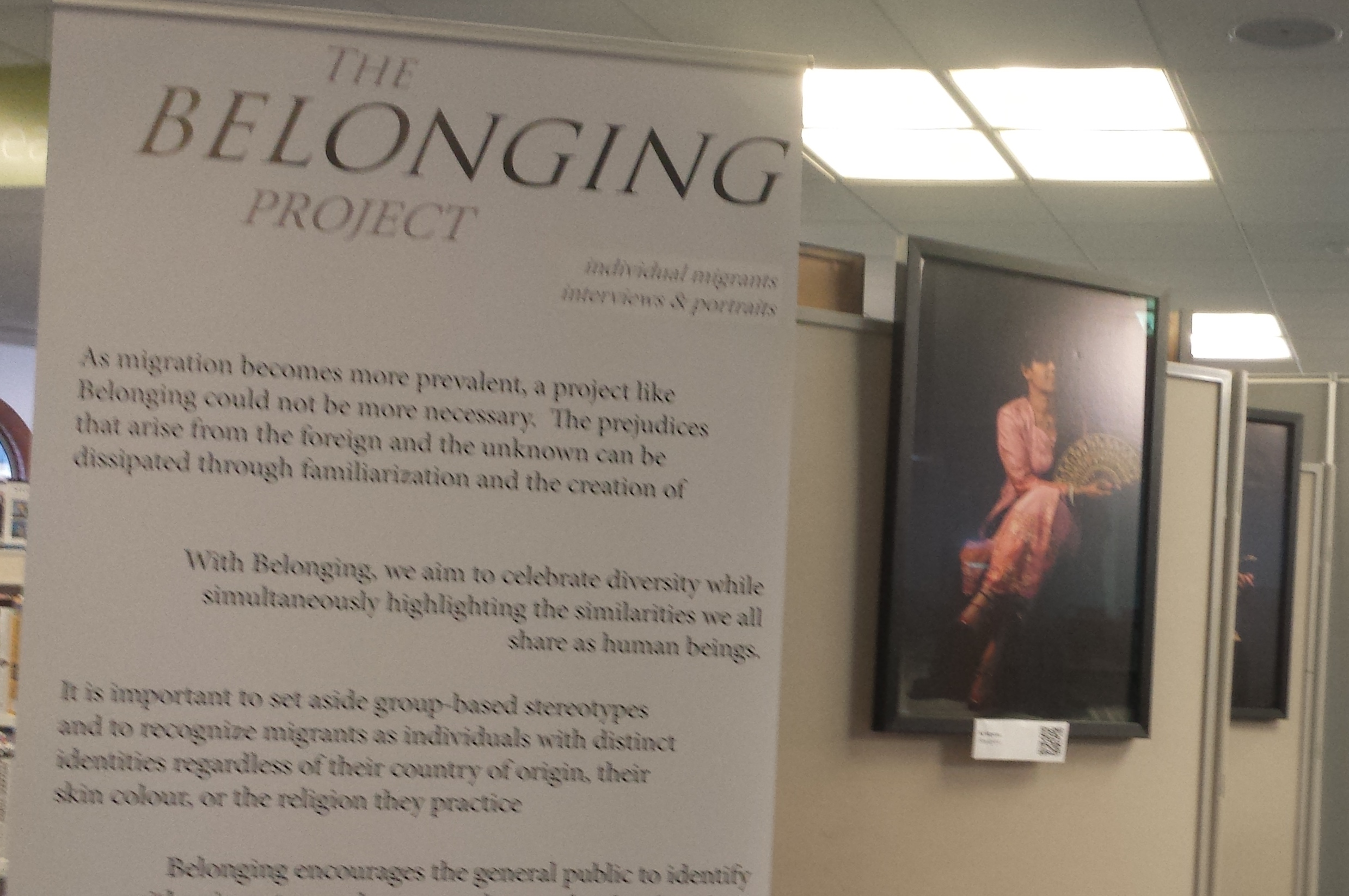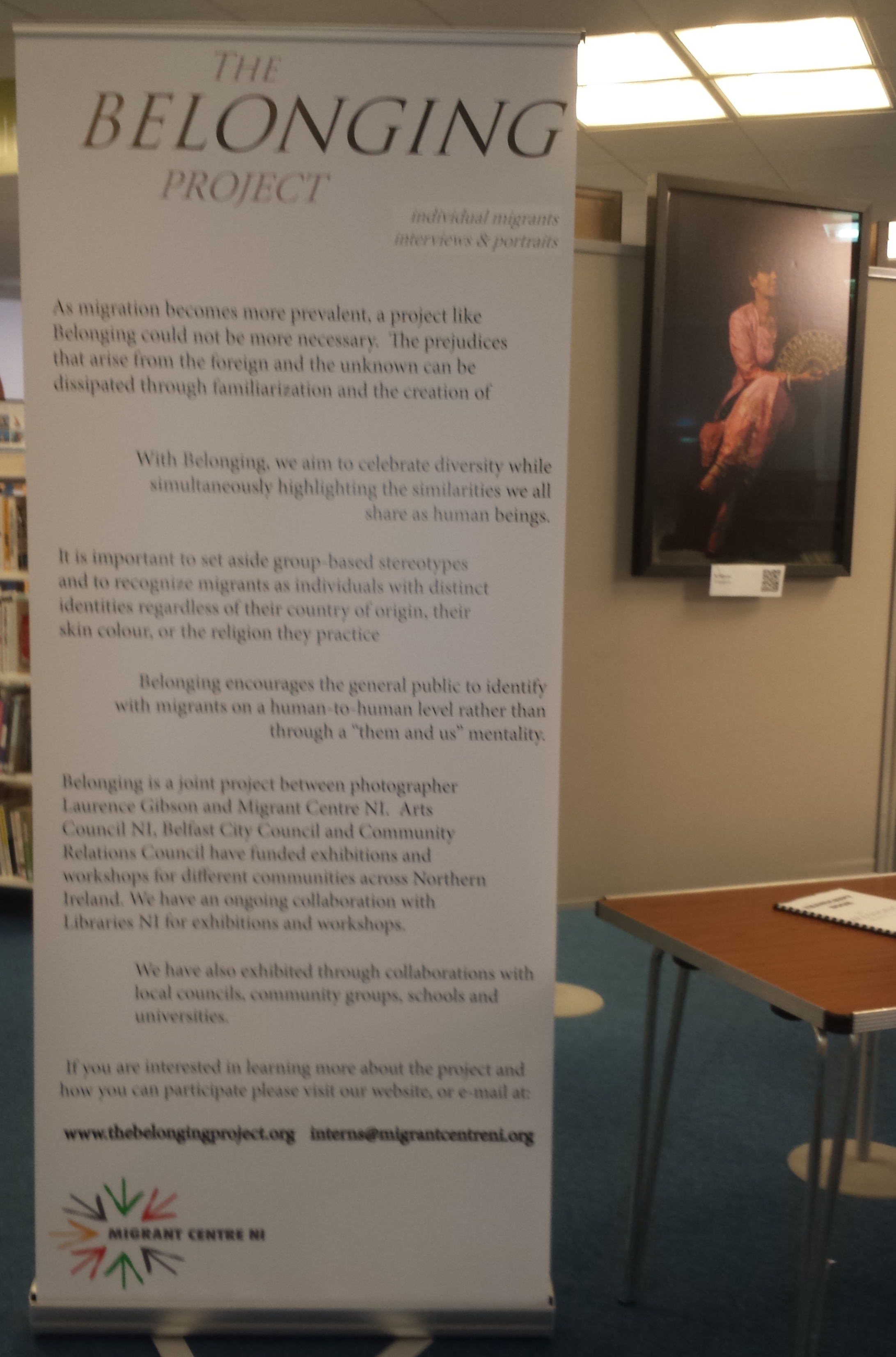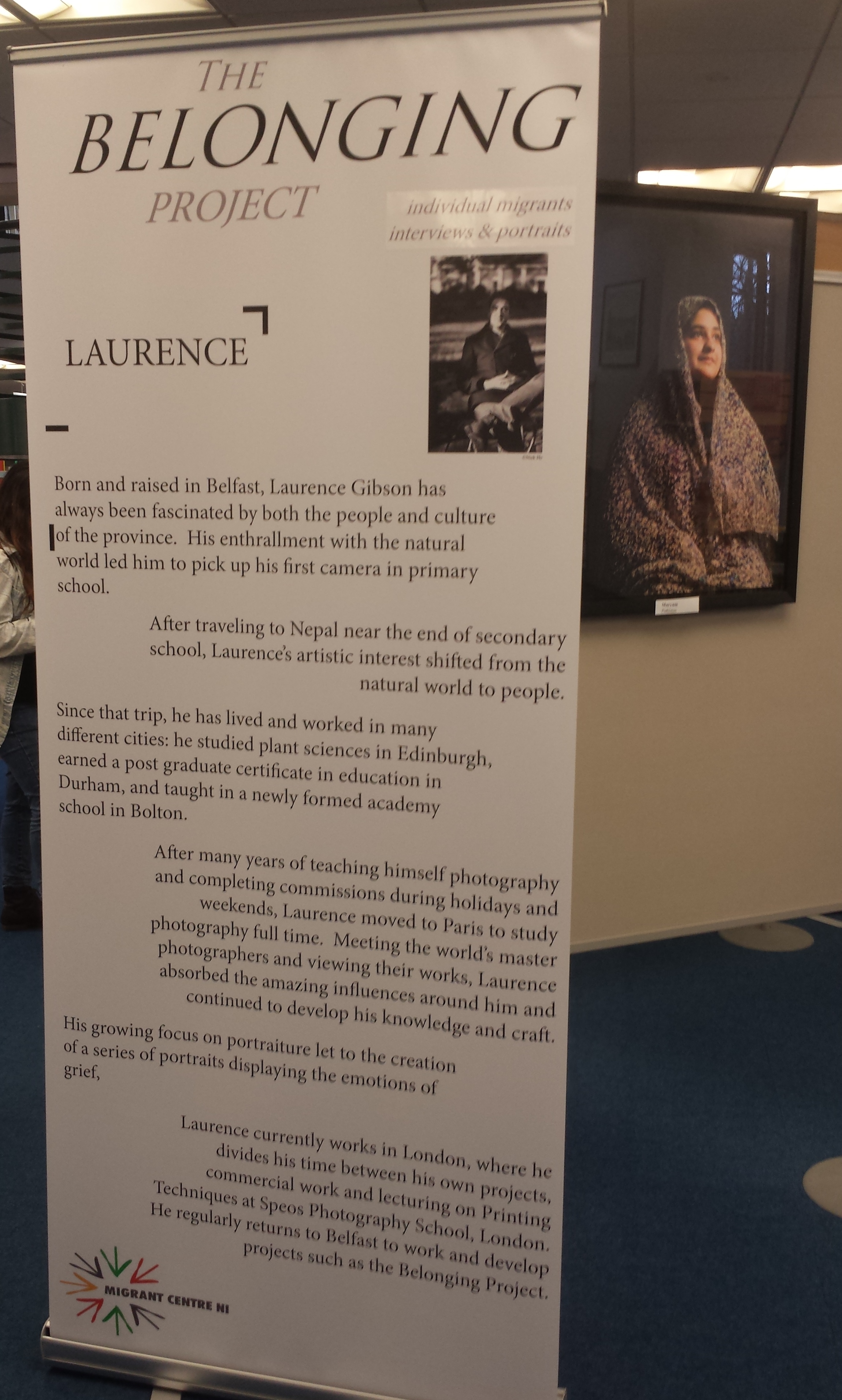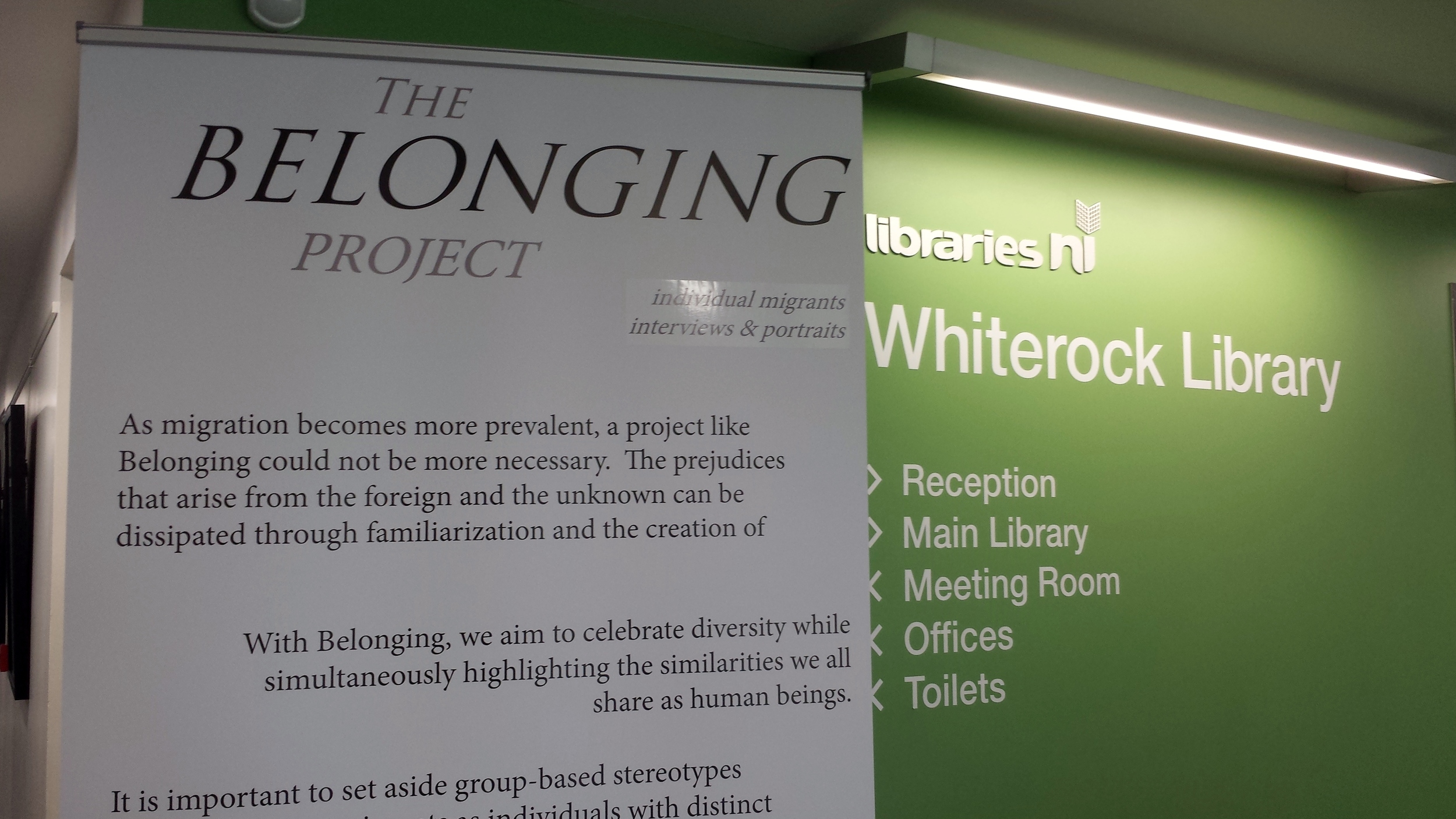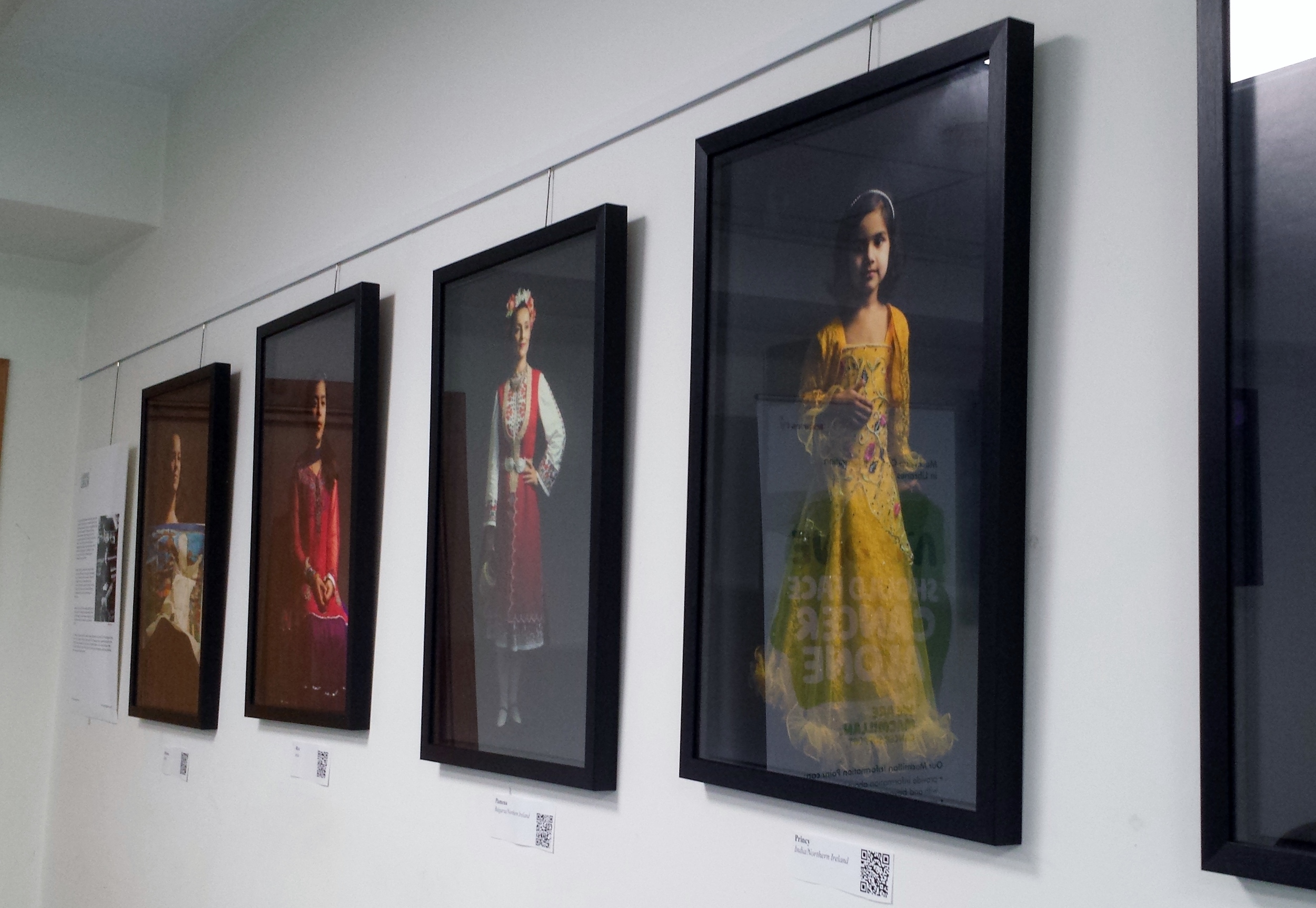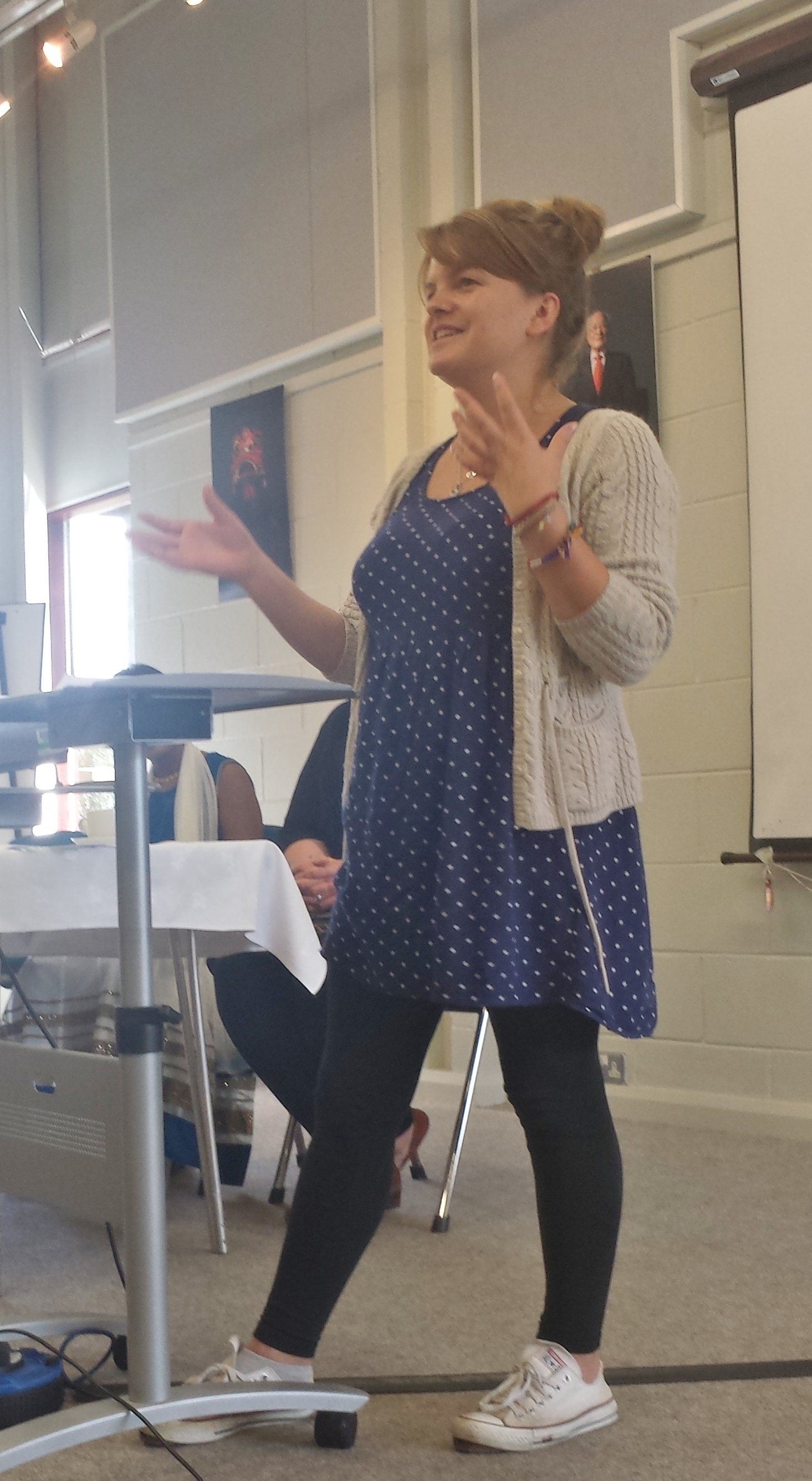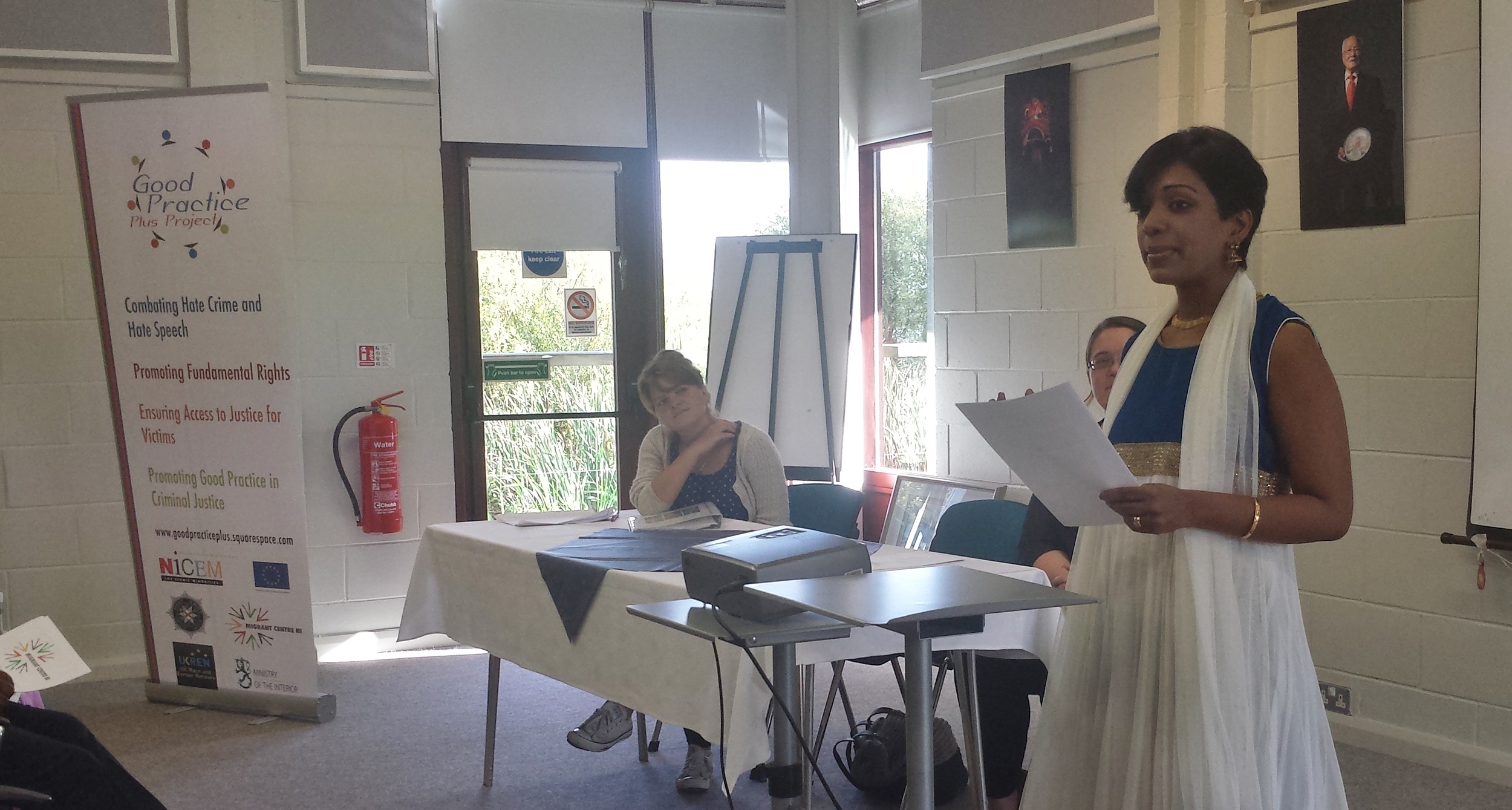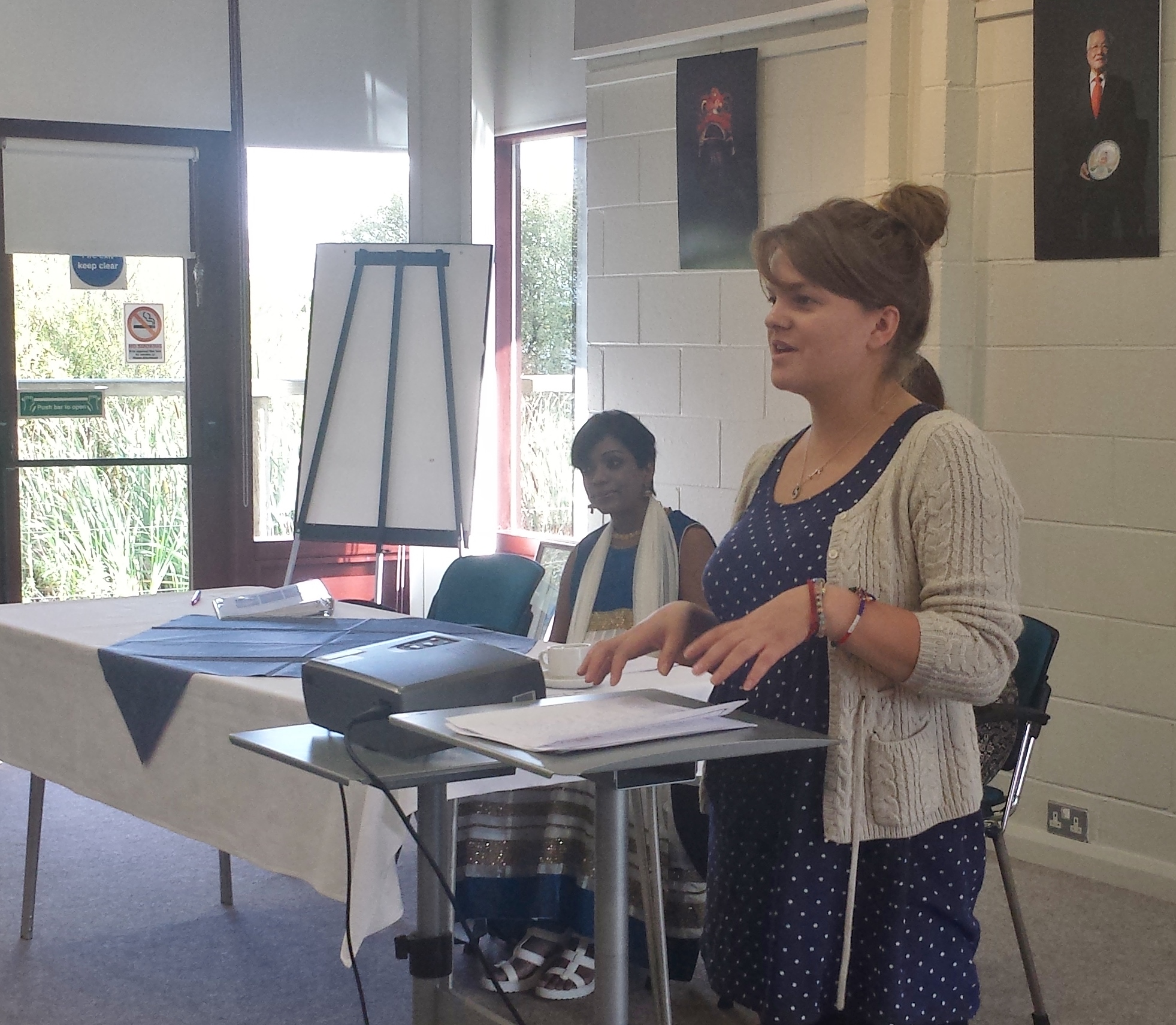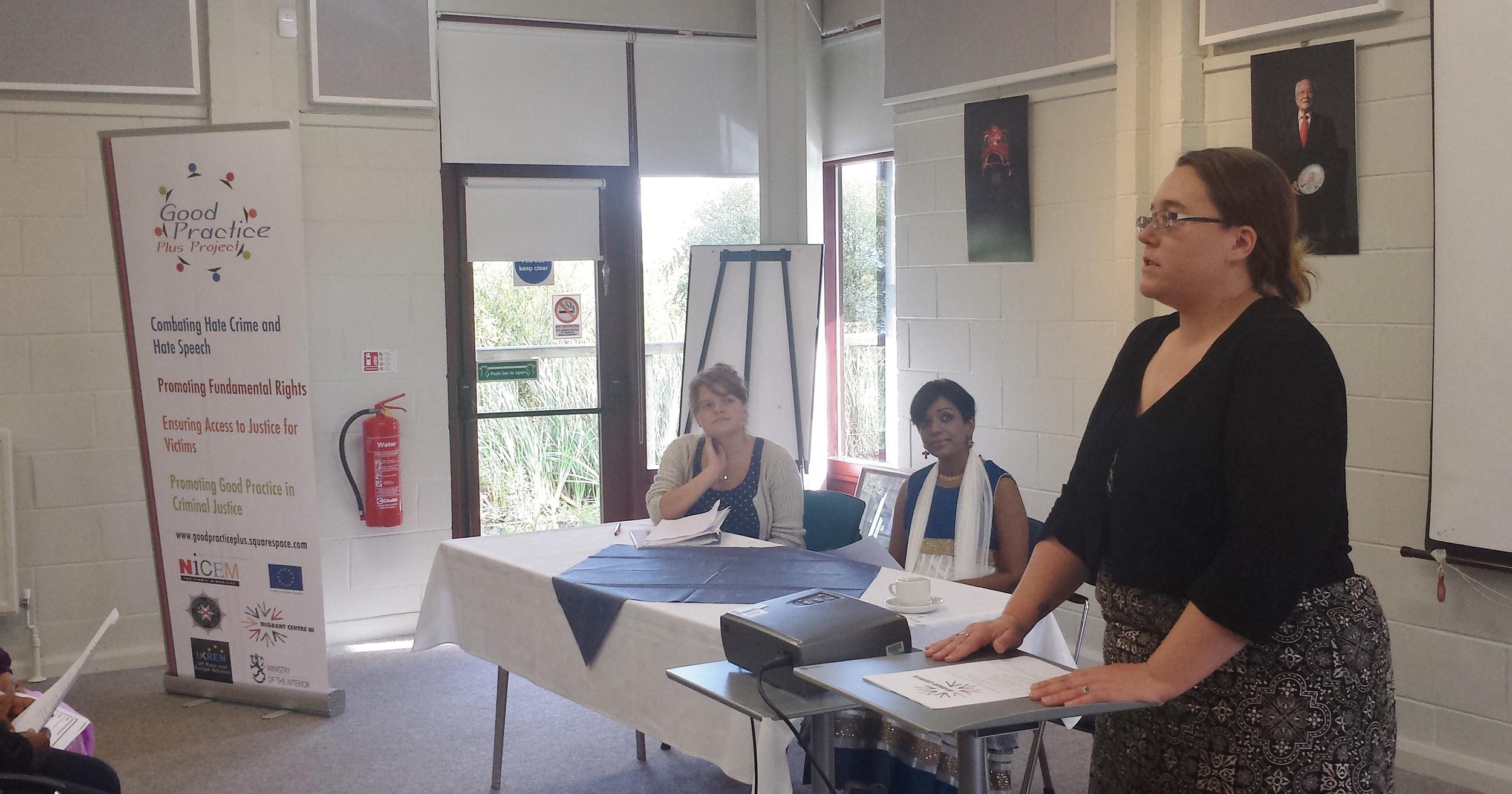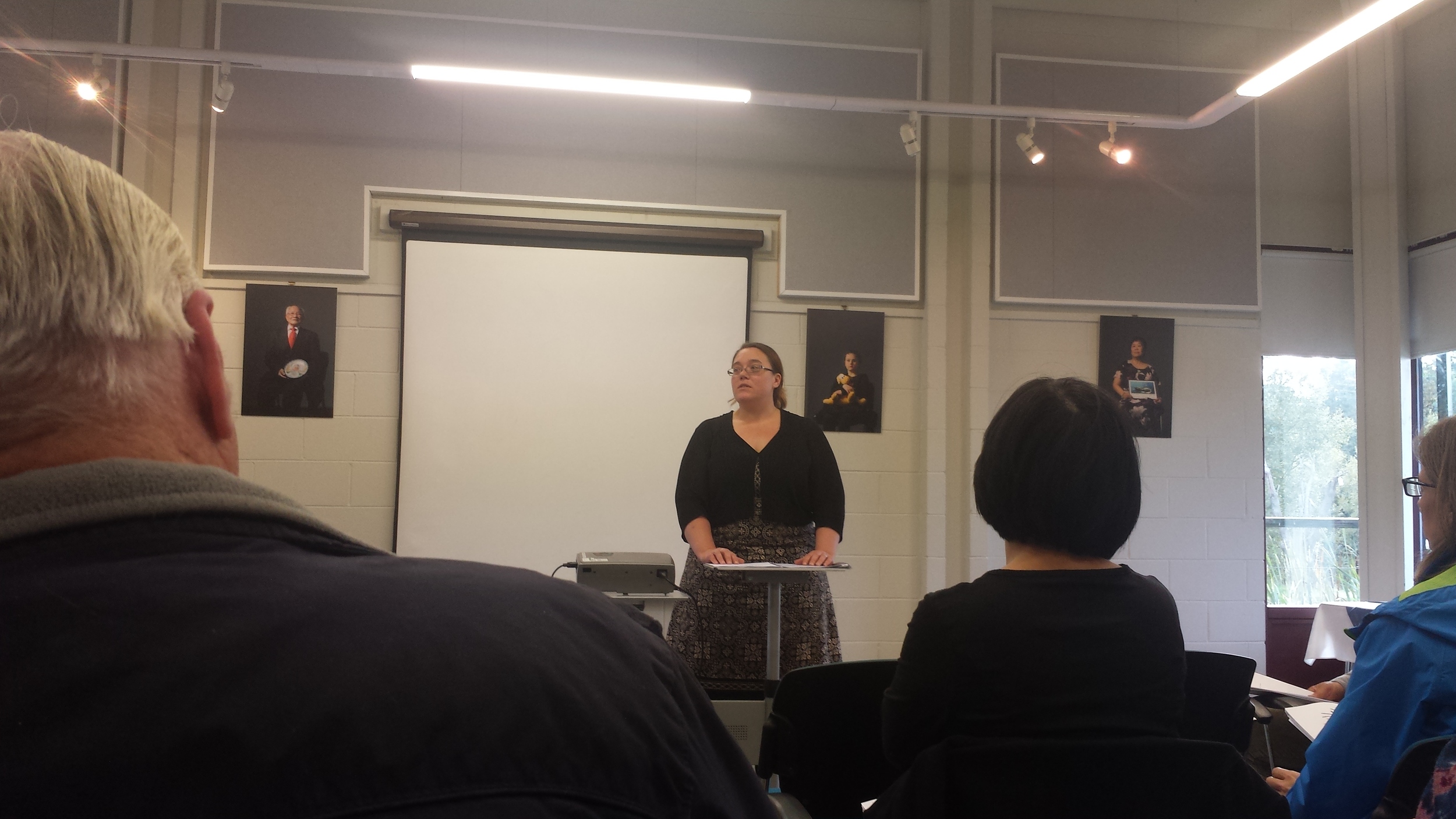BY CHO-LAM NGAN
My internship is already halfway gone just in a blink. Though it’s been a month since I lived here, I can still freshly recall the moment I got onto the plane, the moment I arrive in Belfast, and how worn out I was by all the transfer flights and immigration procedures. Belfast is so much different from Hong Kong, where I was born and raised. Thankfully, adapting to the life in here was just like overcoming jetlag—it just took me a couple of days to know what was happening around. The unfamiliarity was sort of a challenge, but it also allowed me with full of surprises and unexpected encounters.
As an Asian, I have to frankly admit I was quite scared of the possible discrimination at the first place, owing to the rising trends of localization. Hong Kong is no different. People have been vigorously opposing mainland Chinese immigration and loosening welfare policies. Hong Kongers worry Cantonese, which is the mother tongue of most Hong Kongers, would be replaced by Mandarin with the influx of mainland Chinese. All sorts of worries, like the competition of resources, welfare, and social systems, and even education, have made many deem immigrants repulsive. I have once thought this might be the same in Belfast. Would people be rude to me? Would I be discriminated or verbally abused? I genuinely did not want these in my summer venture. Gratefully, my life in Belfast for a month has proven me being paranoid, what I had thought, was just nothing but my own unnecessary worries.
I remembered numerous people who have helped me in Belfast. One amiable lady guided me when I got lost in somewhere in the city centre. She brought me to the destination even though that would bring her a detour. Another bookstore representative generously gave us a big hand when my intern mate and I were puzzled looking for exhibition venues for Belonging Project. Another coffee shop owner benevolently offered me another cup of hot chocolate when I accidentally spilled my own. All those encounters reminded me how blessed I am to live in such an inclusive and welcoming society. These people have brightened up my life here in Belfast. If you are reading this, I want to thank you for adding colors and joy in my journey. And as a stranger to this new place, I was so happy and grateful to have met you all.
Just like the people, everything here is so different from my hometown. Roads in Hong Kong are narrow and are always crowded with vehicles and people, whereas they are so wide in Belfast, and shops are sparse if not in city centre. In Hong Kong, I can get everything I want within 5-minute walk time. Yet, I probably need a 30-minute walk to get a pen or a decent haircut. I guess I wouldn’t have known this if I didn’t live here for a period of time. Living in Belfast does give me a new light and perspective. People’s values, people’s lives, I do authentically experience this just in a short period of time. The song of Belfast has just come to the chorus part, and I hope and believe the remaining of the song would be as perfect as the first half of it! :)
